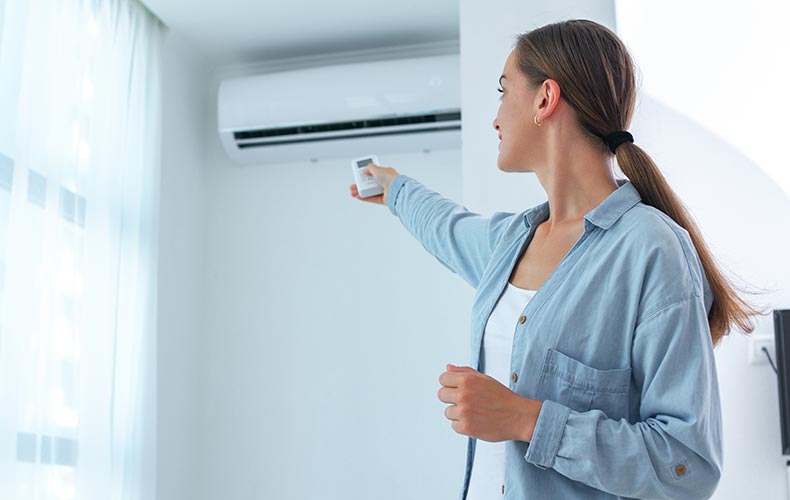Nigeria’s energy landscape is rapidly shifting, with more homes and businesses turning to solar power for reliable and sustainable electricity. At the heart of every efficient solar power system lies the solar inverter – the unsung hero that converts the DC electricity generated by your solar panels into usable AC electricity for your appliances. If you’re considering going solar in Nigeria, understanding solar inverters is crucial to making an informed decision.
Best Solar Inverter Brands in Nigeria
When it comes to choosing a solar inverter, quality and reliability are paramount, especially given Nigeria’s fluctuating power conditions. Several brands have established a strong reputation for performance and durability in the Nigerian market.
- Sukam Inverters: A well-known brand, Sukam offers a range of inverters, including sine wave inverters, that are popular for their robustness and ability to handle varying load conditions. They’ve been a staple in the Nigerian solar market for years.
- Mercury Inverters: Mercury provides a variety of inverters suitable for different power needs, often praised for their affordability and widespread availability. They are a common choice for residential setups.
- Luminous Inverters: Luminous offers a comprehensive range of inverters and batteries, known for their advanced technology and efficiency. Their inverters often come with features like intelligent battery management.
- Blue Carbon Inverters: Gaining popularity for their integrated solutions, Blue Carbon often provides inverters that are part of a complete solar power system, including batteries and panels, offering a streamlined approach.
- Felicity Solar Inverters: Felicity Solar is another reputable brand providing a good balance of performance and cost-effectiveness. They offer various inverter types, including hybrid options.
- Must Inverters: Must inverters are recognized for their reliability and are often used in larger domestic and commercial solar installations due to their power output capabilities.
- Outback Power Inverters: For high-end and more complex off-grid or hybrid systems, Outback Power offers premium inverters known for their advanced features, robust build, and excellent performance, though they come at a higher price point.
The “best” brand ultimately depends on your specific power requirements, budget, and whether you’re building an off-grid, on-grid, or hybrid system.
Solar Inverter Prices in Nigeria
The price of a solar inverter in Nigeria varies significantly based on its type (pure sine wave, modified sine wave, hybrid, grid-tied), capacity (measured in VA or kVA), brand, and features.
- Small Residential Inverters (0.8 kVA – 3.5 kVA): Prices for these typically range from ₦80,000 to ₦450,000. These are suitable for basic home use, powering lights, fans, TVs, and a few small appliances.
- Medium-Sized Inverters (5 kVA – 10 kVA): For homes with more appliances, including refrigerators, freezers, and air conditioners, these inverters can cost anywhere from ₦500,000 to ₦1,500,000.
- Large Commercial/Industrial Inverters (15 kVA and above): These high-capacity inverters, often used for commercial establishments or larger homes, can range from ₦2,000,000 upwards to several millions, depending on the specific power output and advanced features like parallel operation and grid synchronization.
It’s important to note that these are approximate prices and can fluctuate due to exchange rates, import policies, and market demand. Always get a detailed quote from a reputable solar energy company.
Solar Power System Installation in Nigeria
Installing a solar power system in Nigeria involves several critical steps, ensuring optimal performance, safety, and longevity. It’s not just about buying components; it’s about proper system design and professional execution.
- Site Assessment: A qualified solar installer will visit your location to assess your energy needs, available roof space or ground area, shading issues, and structural integrity.
- System Design: Based on the assessment, a customized solar power system is designed, specifying the number of solar panels, inverter capacity, battery bank size (for off-grid/hybrid), charge controller, and necessary wiring.
- Procurement: Sourcing high-quality components, including the solar inverter, panels, batteries, and mounting structures.
- Installation: This involves mounting the solar panels, installing the inverter, charge controller, and batteries, and meticulously wiring all components together. Safety standards and best practices are crucial during this phase.
- Testing and Commissioning: After installation, the system is thoroughly tested to ensure all components are functioning correctly and safely. The installer will then commission the system and provide you with a handover.
- Maintenance: Regular maintenance is essential to ensure the longevity and efficiency of your solar power system. This includes cleaning panels, checking battery health, and inverter performance.
It’s highly recommended to use certified and experienced solar power system installers to guarantee a reliable and safe setup.
Solar Energy Companies in Nigeria
Nigeria boasts a growing number of reputable solar energy companies that offer comprehensive services, from system design and procurement to installation and maintenance. These companies play a vital role in democratizing access to solar power across the nation.
Some key players and types of services you can expect include:
- Integrated Solutions Providers: Many companies offer end-to-end services, handling everything from initial consultation and energy audits to final installation and after-sales support. They can help you choose the best solar inverter and components for your needs.
- Component Suppliers: Some companies specialize in the supply of high-quality solar components, including a wide range of inverters, panels, batteries, and accessories.
- Financing Options: A growing number of solar companies in Nigeria are partnering with financial institutions or offering their own payment plans to make solar energy more accessible through financing solutions.
- Maintenance and Support: Reliable companies provide warranties for their products and installation, along with ongoing maintenance services to ensure your system performs optimally for years.
When choosing a solar energy company, look for those with a proven track track record, positive customer reviews, clear warranties, and certified technicians. This ensures you get a robust system and reliable service.
Ready to embrace sustainable energy? Understanding the various aspects of solar inverters and the installation process is your first step towards a brighter, more independent power future in Nigeria.








 Get it on
Get it on  Download on the
Download on the 